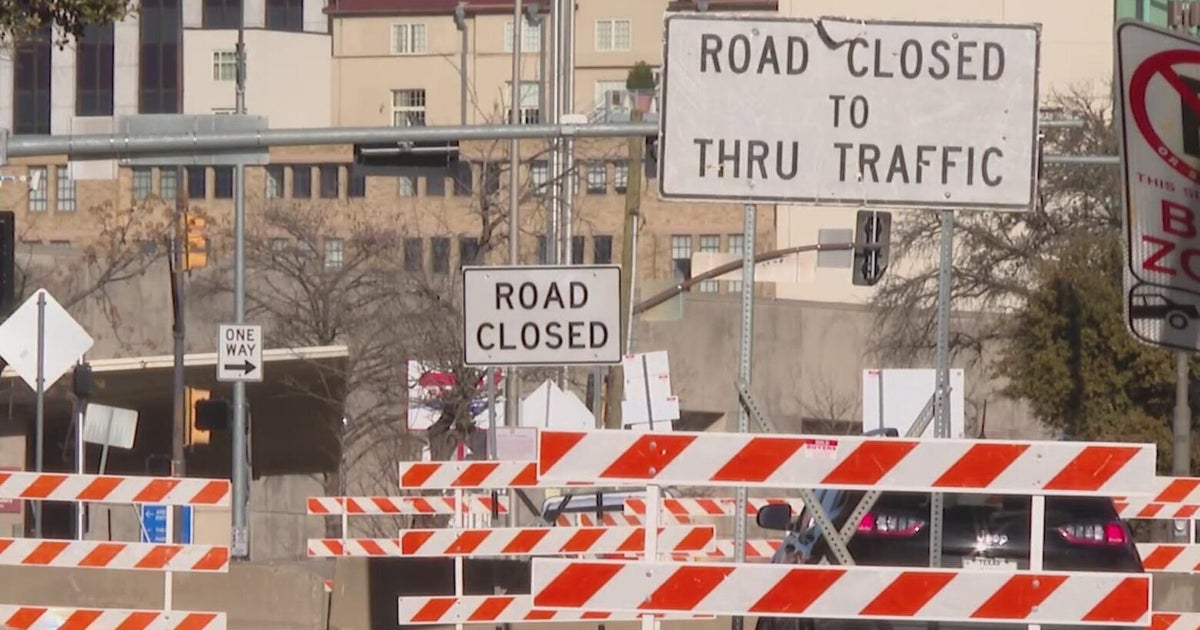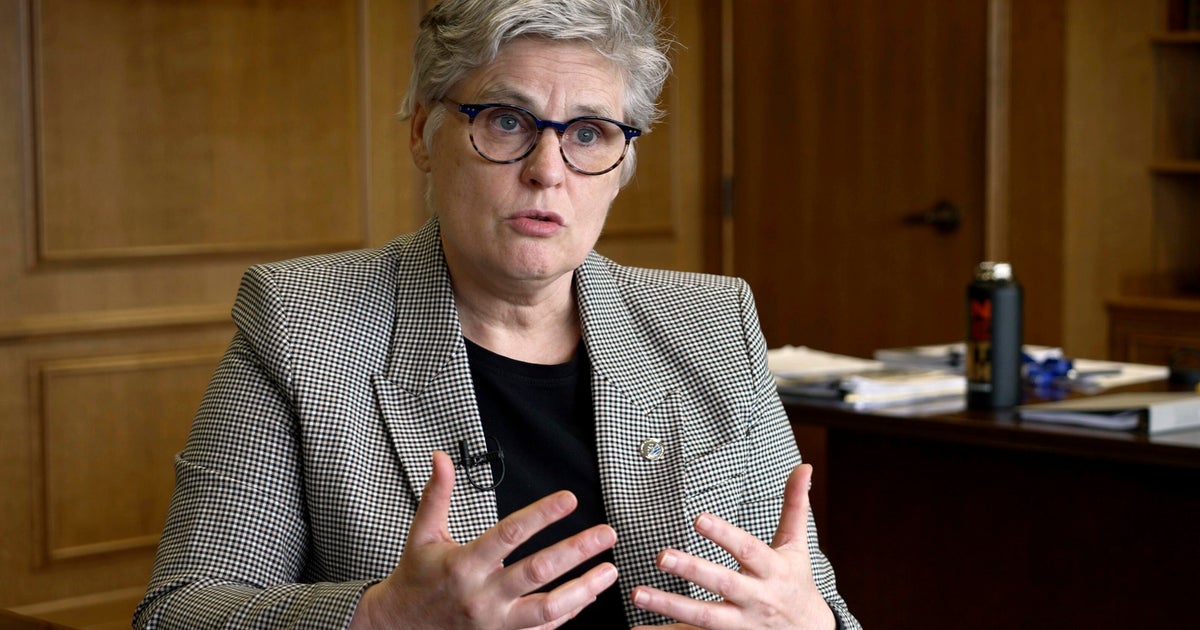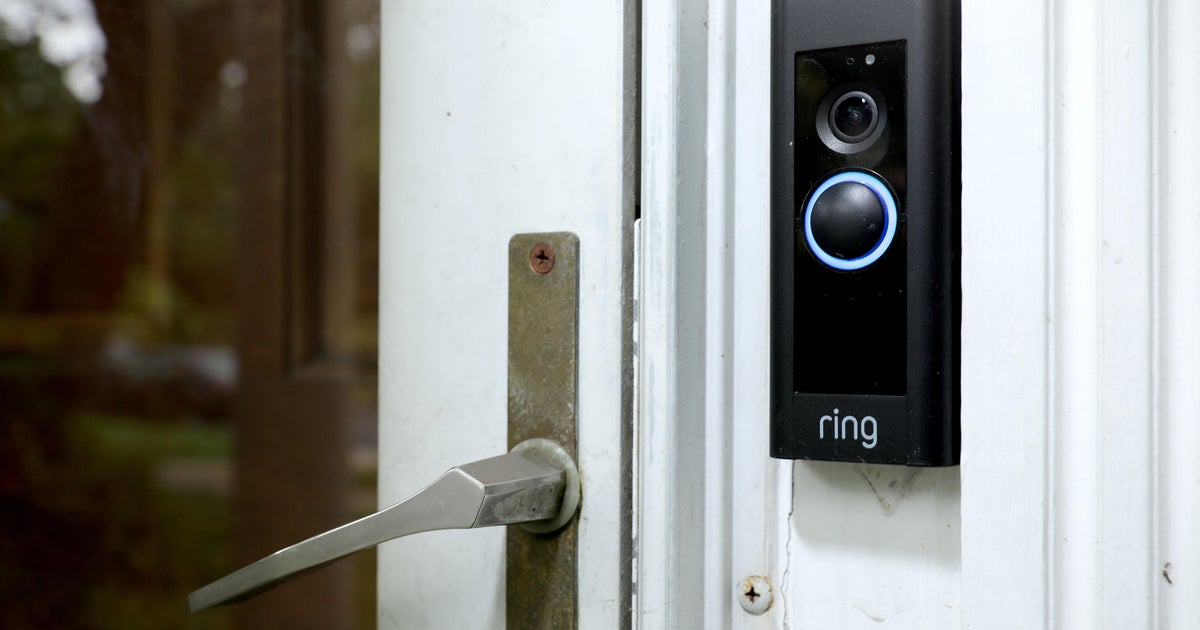How To Protect Your Digital Assets After Your Death
BOSTON (CBS) - Only thirty-five percent of Americans have a will that covers tangible assets and experts say far fewer have considered their digital assets, such as email accounts, financial records and photographs.
So what's the best way to protect them, and who should have the virtual key?
Like many people, business owner Cyndi Finkle lives a "paperless" life.
WBZ-TV's Paula Ebben reports
"I have online accounts for everything. If something was to happen to me tomorrow, my business couldn't exist if people couldn't have access," said Finkle.
So Finkle created a so-called "digital inventory."
It contains instructions on how to unlock her online accounts.
"It contains login information to all kinds of accounts from PayPal to eBay to Skype to bank account information," She said.
Finkle's got the right idea, according to Evan Carroll and John Romano, co-authors of Your Digital Afterlife.
They say that more and more people are using the web to manage everything from social networking and photo sharing accounts to email, bank and investment accounts, but end up taking their passwords to the grave.
"Files, documents, photos, all kinds of things can be lost immediately," Romano said. "If you don't leave access to things like e-mail accounts, people may be locked out."
Taking 15 minutes to create a simple list can prevent hours of frustration for your loved ones, and in some cases a trip to court to get access to that information.
It can also help prevent financial chaos.
"There are already instances of these problems coming up," said Barry Jones of the Financial Planning Association.
"They don't know what bills are due. They may not know certain accounts, for example, the husband and wife have separate credit cards."
Now, a slew of digital estate planning web sites promise to help keep you organized. Think of them as online safety deposit boxes.
Jeremy Toeman is the creator of Legacy Locker.com.
"People can go and create a backup of all their usernames and passwords, and for each asset you identify a digital beneficiary," Toeman said.
If you're not comfortable with leaving a virtual key, simply write the information down.
But don't write it in your will, which can become a public record after you're gone.
Cyndi wrote her passwords in a book and passed the information on to her husband and a close friend.
"It really gives me peace of mind," she said.
To keep that peace of mind, experts say you should update your list at least once a year.
And make sure someone knows where to find it.
And before you sign up with an online digital estate planner, be sure to read their policies on security and privacy.







